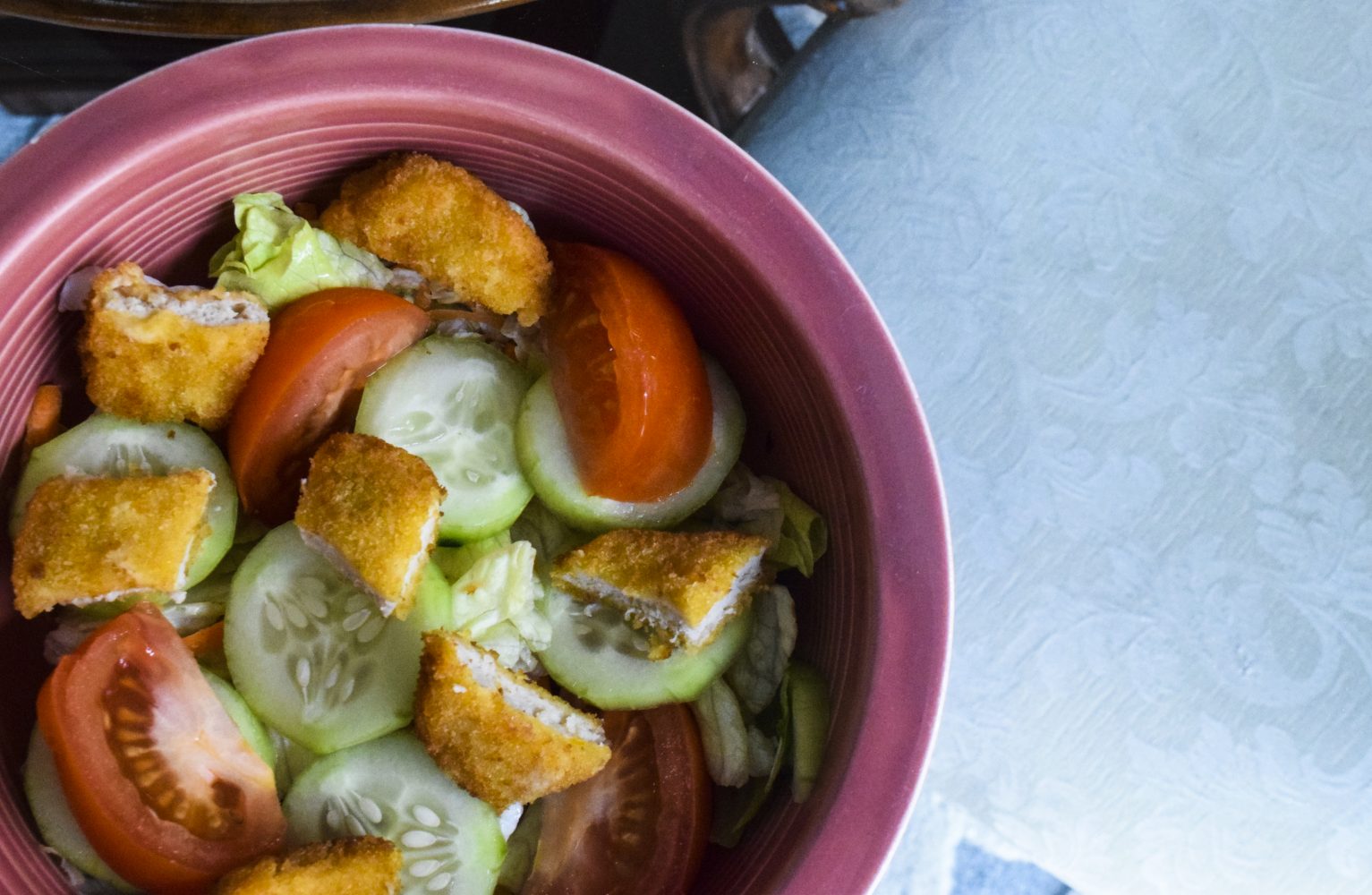Photo by Anna Meassick |CIGAR| URI partners with Belmont Markets to track consumer eating habits and will offer an incentive to switch to healthy ones.
Researchers in the University of Rhode Island were recently awarded a $300,000 grant to examine healthy food choices through consumer’s shopping behaviors in a local supermarket.
The three-year grant comes from the Foundation for Food and Agriculture, an organization who, according to the mission statement on their website, “brings together leading experts to identify and investigate the researchable questions whose answers have the potential to enhance the economic and environmental resilience of our food supply.” The grant will be going toward the research studies conducted by Maya Vadiveloo, a professor in the Department of Nutrition and Food Sciences.
“It’s a new innovator in food and agricultural research award, so they’re sponsoring a three-year award to try and look at innovation in food and agricultural space,” Vadiveloo said. “One of their key areas of interest is nutrition and improving diet related behaviors, and that’s really where the grant kicks in.”
Vadiveloo will be teaming up with Stephen Atlas, a marketing professor in the College of Business Administration, and Ashley Buchanan, a professor in the College of Pharmacy, to observe trends that come from the data. Vadiveloo and her team of graduate researchers will be studying whether targeted incentives for healthier food choices will increase the adoption of healthier eating patterns in individuals. Partnering with Belmont Market, a supermarket located in Wakefield, Rhode Island, researchers will be analyzing purchasing data from loyalty cards.
“We’ll be using the money to provide coupons to people to purchase healthier food and to provide a blanket discount on all of their purchases to encourage them to join the study,” Vadiveloo said. “We’re looking to see what are people purchasing, and are there small changes that people might be more easily interested in trying if they had a coupon for it, then say switching from something like buying bacon regularly to now trying kale.”
The study will look at consumer’s purchasing patterns over time to see whether people who receive targeted incentives will make healthier dietary purchases more so than the people who get targeted coupons. For example, a consumer who regularly purchases food that is high in sugar or fat will receive a coupon to try something that is low-fat or low in sugar. Vadiveloo hopes that this study will positively influence and shift consumer’s eating habits moving forward.
Vadiveloo has spent the previous two years working on the idea of studying consumer behavioral patterns within retailers, but had difficulty finding a partner as some retailers used their own algorithms for their data and didn’t want to share it with other researchers. However, through a connection in the URI Foundation, the researchers at URI were introduced to the marketing manager of Belmont Market, Susan Hoopes. When the researchers at URI presented their idea to Hoopes and the team at Belmont Market, they knew it would be a beneficial partnership for both parties.
“Considering it’s healthy eating and that’s been part of the mission of Belmont since the first day they opened, we knew within five minutes of our first meeting with the group at URI and the senior management team here that it would be a good fit,” Hoopes said.
Hoopes said that without the data that URI will collect, Belmont Market can only look at generic sales trends based off their loyalty card data. With the data that the University will collect and analyze, they will be able to look at it from a much deeper perspective that includes analyzing shopping trends for healthier alternatives such as natural, organic, and GMO-free food items.
“The great thing about partnering with URI is that [they have] the resources where they can go through all the data and go much deeper than we can,” Hoopes said. “They’re bringing a lot to the table. We’ve got all the pieces, they’re gonna really help us put it all together.”
Hoopes said that they will begin to roll out the project in the fall, after the summer residents, tourists and vacationers are gone. It is then that they can begin to analyze the trends of the community residents and get a good feel of what they are eating and what the supermarket can put on their shelves. Overall, Hoopes is confident in the initiative and hopes this partnership can exist after the grant expires.
“[It can] be a great collaboration as far as examining how people eat and how we can try and influence to make small changes in their diet,” Hoopes said. “It’s something we can continue to do and grow with as the technology becomes more available and the word gets out there to the public.”

